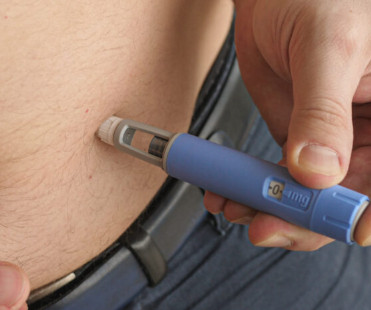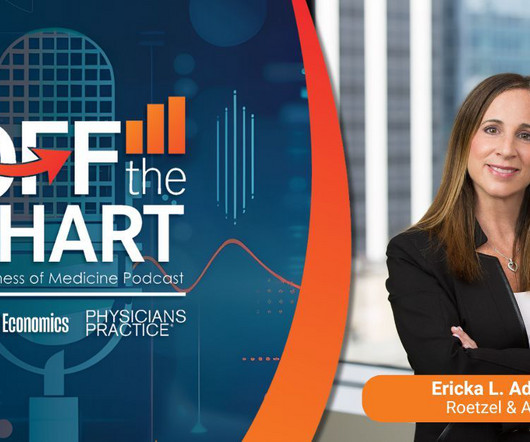9 Technologies That Will Shape The Future Of Dentistry
The Medical Futurist
JUNE 17, 2025
Just like in the case of other medical specialties , disruptive innovations will have a huge impact on how dentistry will be practiced and how patients will take care of themselves in the future. Can you imagine that you might get your 3D-printed prosthesis in an hour instead of 4-5 sessions at the dentist?























Let's personalize your content